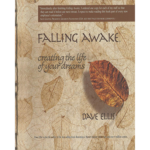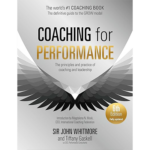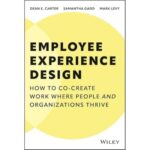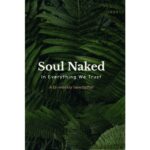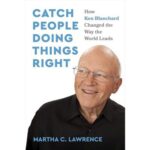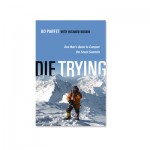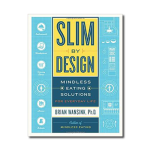I know that personally throughout my career I have made changes and taken course corrections. If you are like many people you may want to make a career course correction but you are uncertain about what your new career path might look like. There are obviously lots of decision one must make, but in my interview with author Tim Cole, he outlines a great set of guiding principles that I believe would be great to follow.
In Tim’s new book “The Compass Solution” you are 4 P’s which stand for 1) Personal Accountability 2) People 3) Process 4) Perspective. These main principles are important guideposts for navigating the path to a better career. As Tim states “It is your performance, your goals, and your vision for your life that will dictate your future. For the remainder of your career, it will be the one thing you can count on and that you can set your course around. Nothing else and no one else.”
I ask this questions to the listeners of this podcast. If not now then when? When will you make that all important decision to make the career change you have been thinking about but afraid to take? Don’t let your fears hold you back. Use this podcast and Tim’s book as the tools that can provide you with the courage and strength to make the change. Allow the important information in the book to be your guide to a better career and life.
If you want to learn more about Tim Cole and his new book “The Compass Solution” please visit his website by clicking here or you can reach out to him via Linkedin by clicking this link. I hope you enjoy this interview with a Tim Cole the author of “The Compass Solution.


